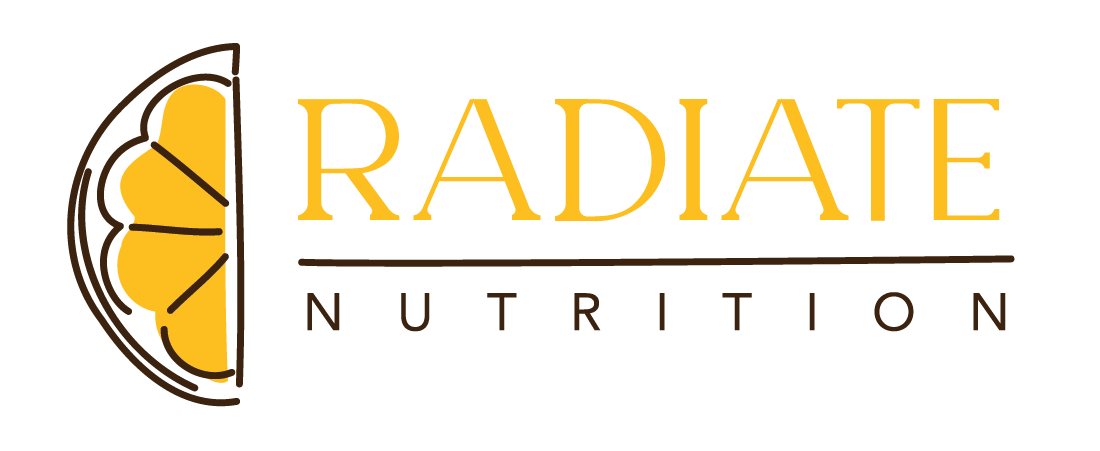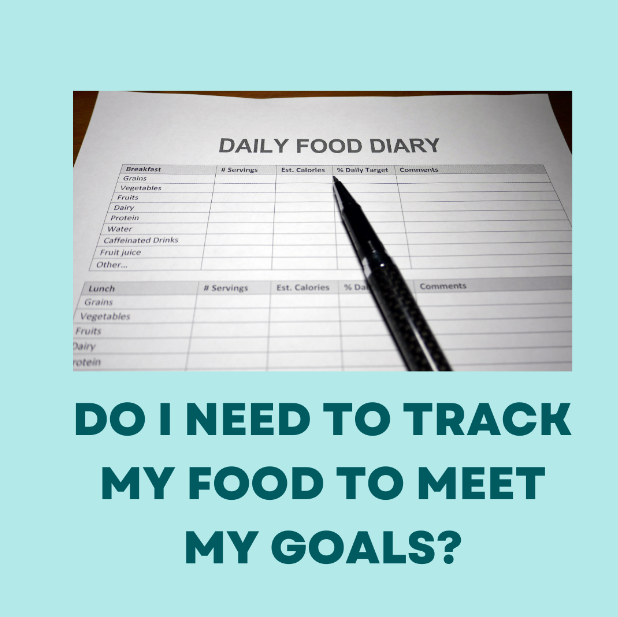Food journaling or tracking is a method of recording what you eat and drink throughout the day. This can be done in a traditional notebook or through a smartphone app. The purpose of food journaling is to provide insight into your eating habits and to help you make healthier choices.
Food Journaling and Weight Loss
One of the ways that food journaling can be helpful is by educating you about the nutritional content of the foods you are consuming. When you record what you eat, you are forced to take a closer look at the macronutrients (carbohydrates, proteins, and fats) and micronutrients (vitamins and minerals) in your diet. This can help you understand whether you are getting enough of the nutrients your body needs to function properly.
Additionally, food journaling can be a helpful tool for weight loss. When you track what you eat, you become more aware of your portion sizes and the types of foods you are consuming. This can help you make healthier choices, eat in a natural calorie deficit, and ensure you are eating foods that make you stay full. It can also help you identify patterns in your eating habits, such as snacking at night, that may be contributing to weight gain.
Food journaling can also be beneficial for general health. By tracking what you eat, you can identify any gaps in your diet and make adjustments to ensure you are getting all the nutrients your body needs (ex: am I eating enough fiber for good gut health?). This can help prevent chronic diseases, such as heart disease and diabetes, which are often linked to poor nutrition.
However, it’s important to note that food journaling is not a long-term solution for both weight loss and healthy eating. While it can be helpful in educating you about the nutritional content of your diet and identifying areas for improvement, it doesn’t address the underlying habits and behaviors that may be contributing to unhealthy eating patterns. Food tracking can also become a “crutch” for healthy eating. For example, many people find themselves eating nutrient-dense foods when tracking. However, when they stop tracking, food choices are often reversed because there is no accountability. This is why habit change is so important.
Journaling and Tracking Your Food
In conclusion, food journaling can be a helpful educational tool to learn how to best nourish your body. By tracking what you eat, you can gain insight into your nutritional intake and make healthier choices for weight loss and general health. However, it’s important to recognize that food journaling is not a long-term solution for healthy eating. To make lasting changes to your eating habits, you need to address the underlying behaviors and habits that may be contributing to unhealthy eating patterns.
At Radiate Nutrition, we focus on creating long-term solutions surrounding healthy eating that improves your health. Reach out to us today!

